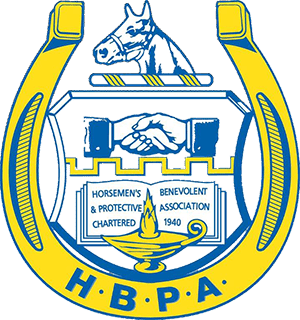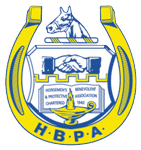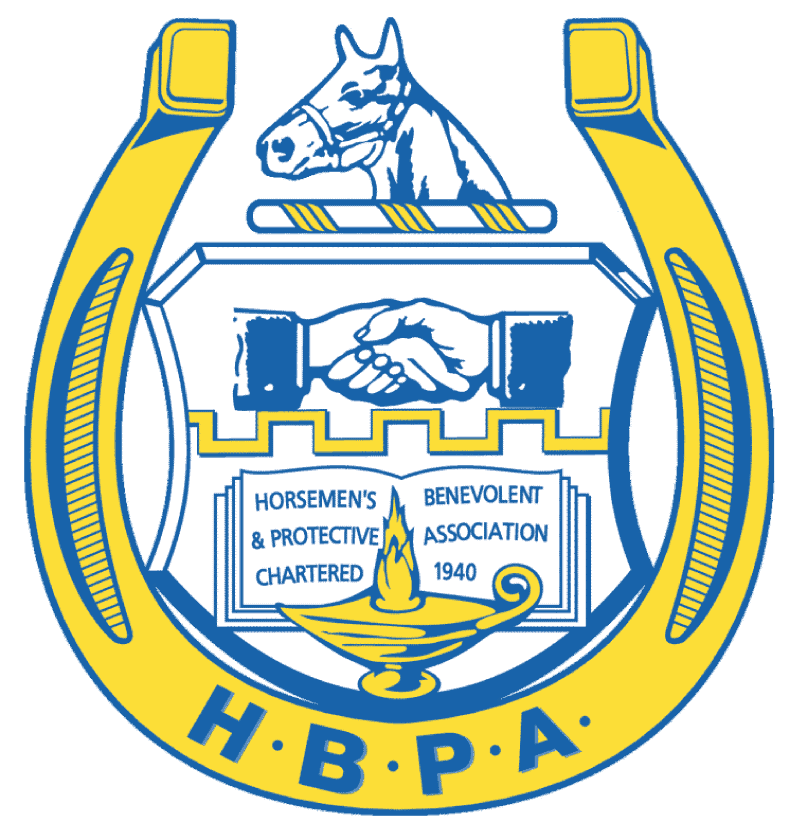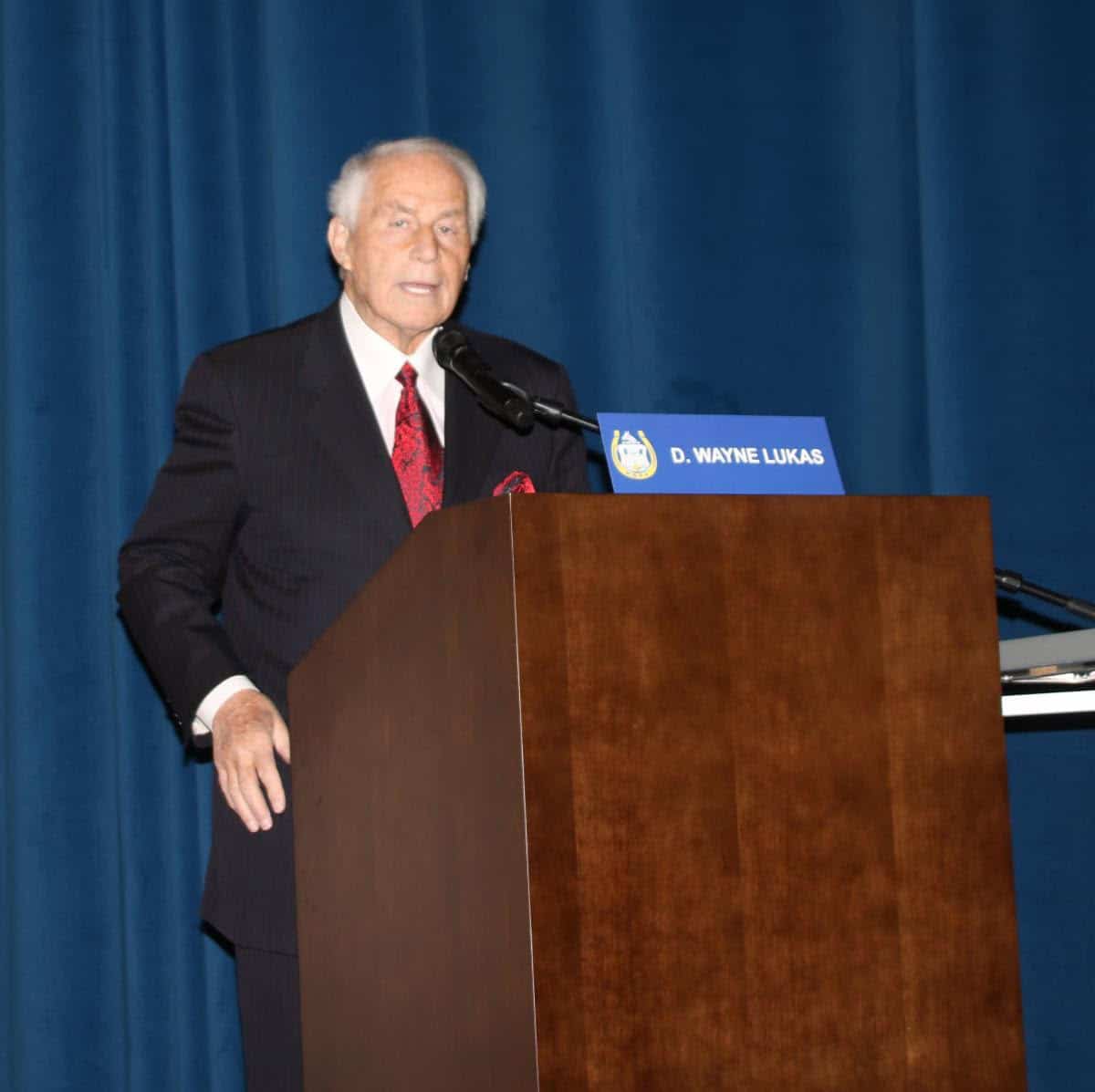National HBPA Concerns with Horseracing Integrity and Safety Act of 2020

National HBPA Concerns with Horseracing Integrity and Safety Act of 2020
Senator Mitch McConnell’s (R-KY) Horseracing Integrity and Safety Act of 2020 (HISA) has been passed into law. The bill takes regulatory authority from state racing commissions and creates a new regulatory body responsible to the Federal Trade Commission. The new federal authority plans to establish and enforce a national racing medication and track safety program for the horse racing industry by the summer of 2022. Senator McConnell originally announced his legislation was a compromise within the industry, but that remains far from the truth. There was no industry compromise because there was no consulting with the National Horsemen’s Benevolent and Protective Association (HBPA), which represents close to 30,000 racehorse owners and trainers in 26 racing jurisdictions within the United States.
The National HBPA has reviewed the newly enacted legislation and affirmatively states that our concerns with the HISA remain for the health of the horse and the health of our industry. The reasons are as follows:
- Banning Lasix before studying it “is putting the cart before the horse,” as Representative Kurt Schrader (D-OR), a veterinarian, stated during the September 9 markup of the companion legislation in the U.S. House Energy and Commerce Committee. The legislation works to phase out an important, protective medication, commonly known as Lasix, over the next three years. Lasix is the only known medication to treat a condition called Exercise Induced Pulmonary Hemorrhage (EIPH), or bleeding in the lungs. EIPH threatens the health and wellbeing of many racehorses and until an alternative treatment is developed, the National HBPA believes that Lasix should be utilized on race day. Science and national veterinary leadership continue to support the administration of Lasix on race day.
- The new authority regulating horseracing nationwide will be governed by a board with a majority of members having no experience in the horseracing industry. And the board will be handpicked by the same elite interest groups pushing this legislation.
- The legislation will be paid for on the backs of our membership. Unlike other legislation, Congress has not authorized any federal dollars to be spent on the proposed authority. The new authority will end up levying millions of dollars in fees on horsemen to pay for the new regulatory scheme. Given the economic hardships resulting from the COVID-19 pandemic, these new fees will likely put many small business owners and operators out of business.
Our concerns and opposition to HISA is not alone, yet we stand ready to be consulted on implementation on how these regulations will be put into play throughout the United States.
Finally, along with others, we continue to interpret HISA to have several serious constitutional flaws. Below you will find the HISA summary conclusion by Gibson Dunn law firm in Washington D.C. that summarizes their concerns, which are highlighted below.
- The non-delegation doctrine: Congress may not grant regulatory authority to private entities, yet HISA does exactly that in numerous ways. To describe a few, the bill delegates to the Authority the power to determine the identity of racing participants to be regulated, to commence actions in federal court to enforce its regulatory activity, and to issue subpoenas and carry out searches and seizures. These are public functions historically carried out by public agencies.
- The due process clause: prohibits an economically self-interested private actor from wielding regulatory power over other private parties. The governing body and standing committees supporting the Authority’s activities would have bare majorities made up of disinterested persons. The rest would be representatives of “equine constituencies” exerting regulatory power over other equine constituencies throughout the sport. Moreover, the Authority’s initial funding is designed to come from loans (which racing participants would have to repay), creating an incentive to act in accordance with the wishes of lenders.
- The anti-commandeering principle: To paraphrase the Supreme Court, this principle provides a structural protection of liberty by diffusing power, ensuring that voters know who to credit or blame for a particular regulatory program (accountability), and preventing Congress from shifting the costs of regulation to the states. This principle, implicit in the constitutional structure and underscored by the Tenth Amendment’s reservation of rights to the states, ensures that the states do not become “mere political subdivisions of the United States.” The HISA Authority is not accountable. The FTC’s role is passive: it was only mentioned so there would be a government agency somewhere in the bill. It would literally take an act of Congress, as the old saying goes, to do anything about the Authority’s malfeasance or wrong-headedness.
The National HBPA’s focus has always been, and remains, the health and safety of the horse, the safety of the jockey and the safety of all individuals coming into contact with the horse, including grooms, hot walkers, trainers and veterinarians. With that, the affiliates of the National HBPA remain strongly committed to the welfare of our human and equine athletes and will remain persistent in its efforts through the National HBPA to achieve national uniformity based on published, scientifically determined regulatory thresholds, with published, scientifically determined withdrawal time guidelines, all based on and supported by data published in the scientific literature. Additionally, we will continue to strive for industry reforms that are fair and beneficial for all.





